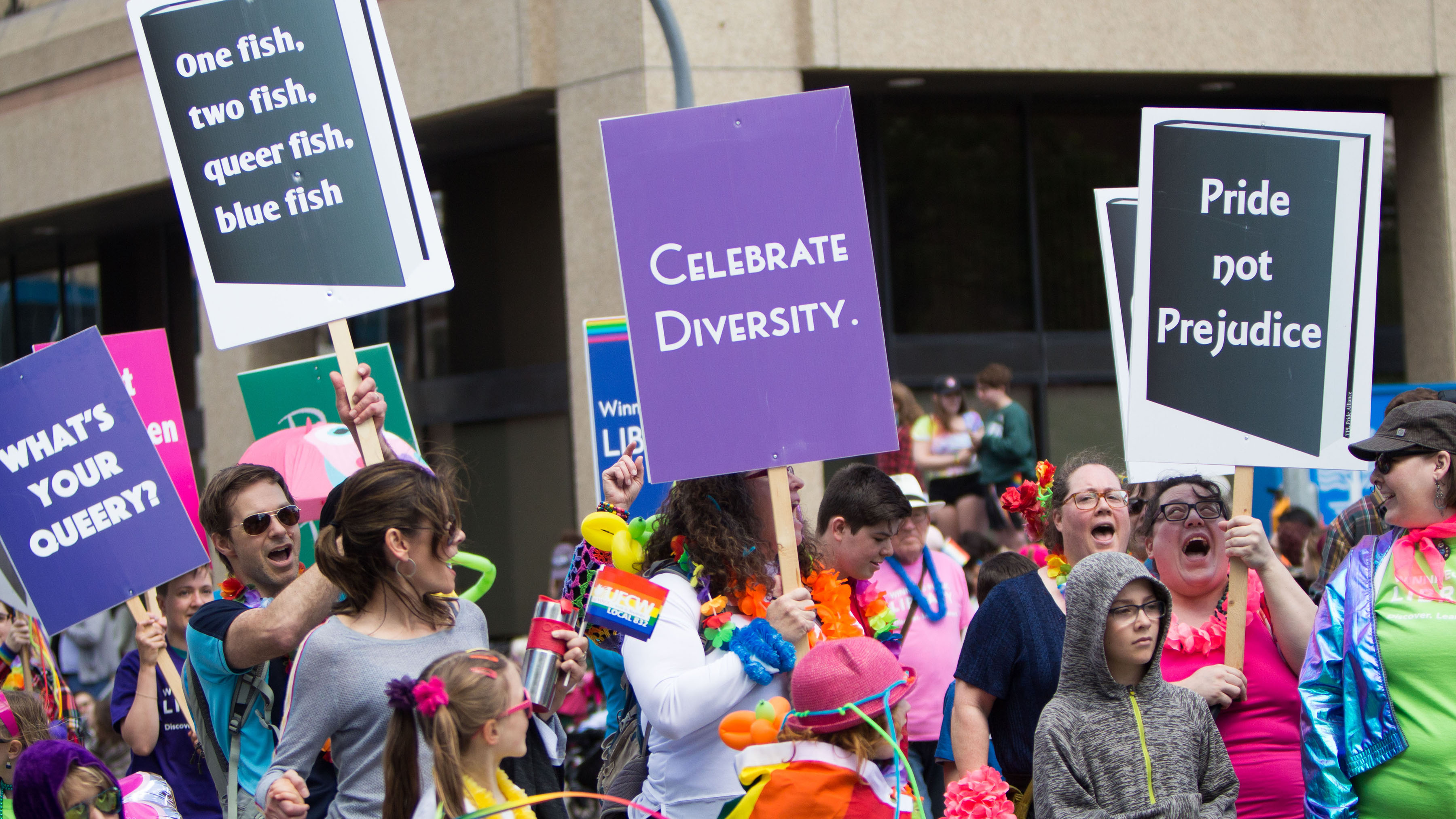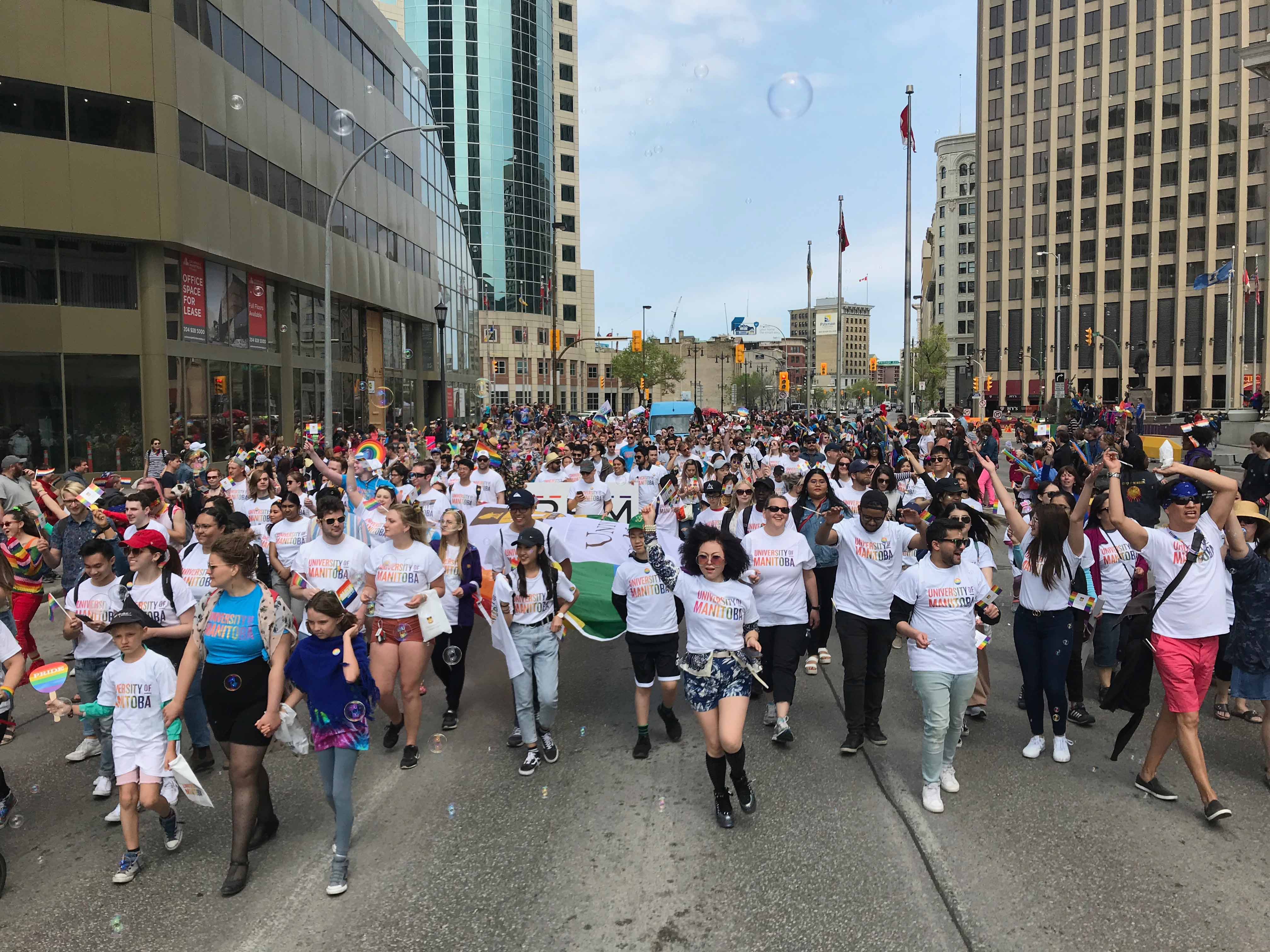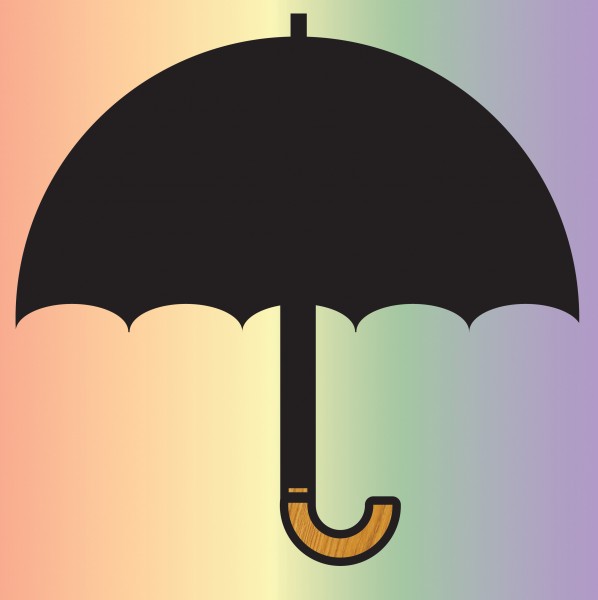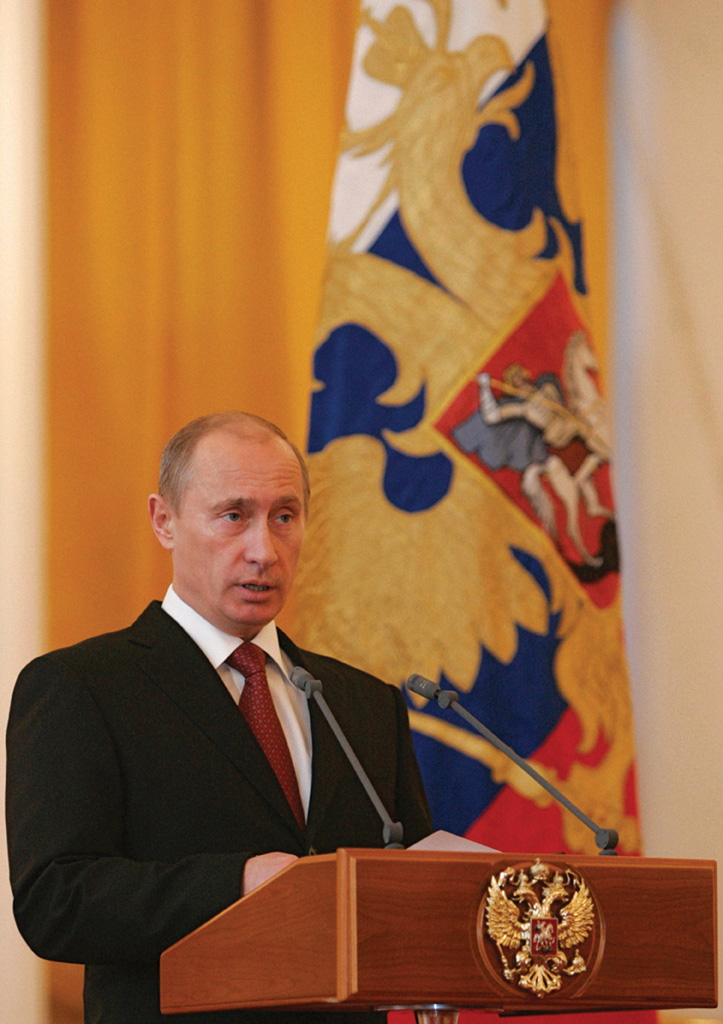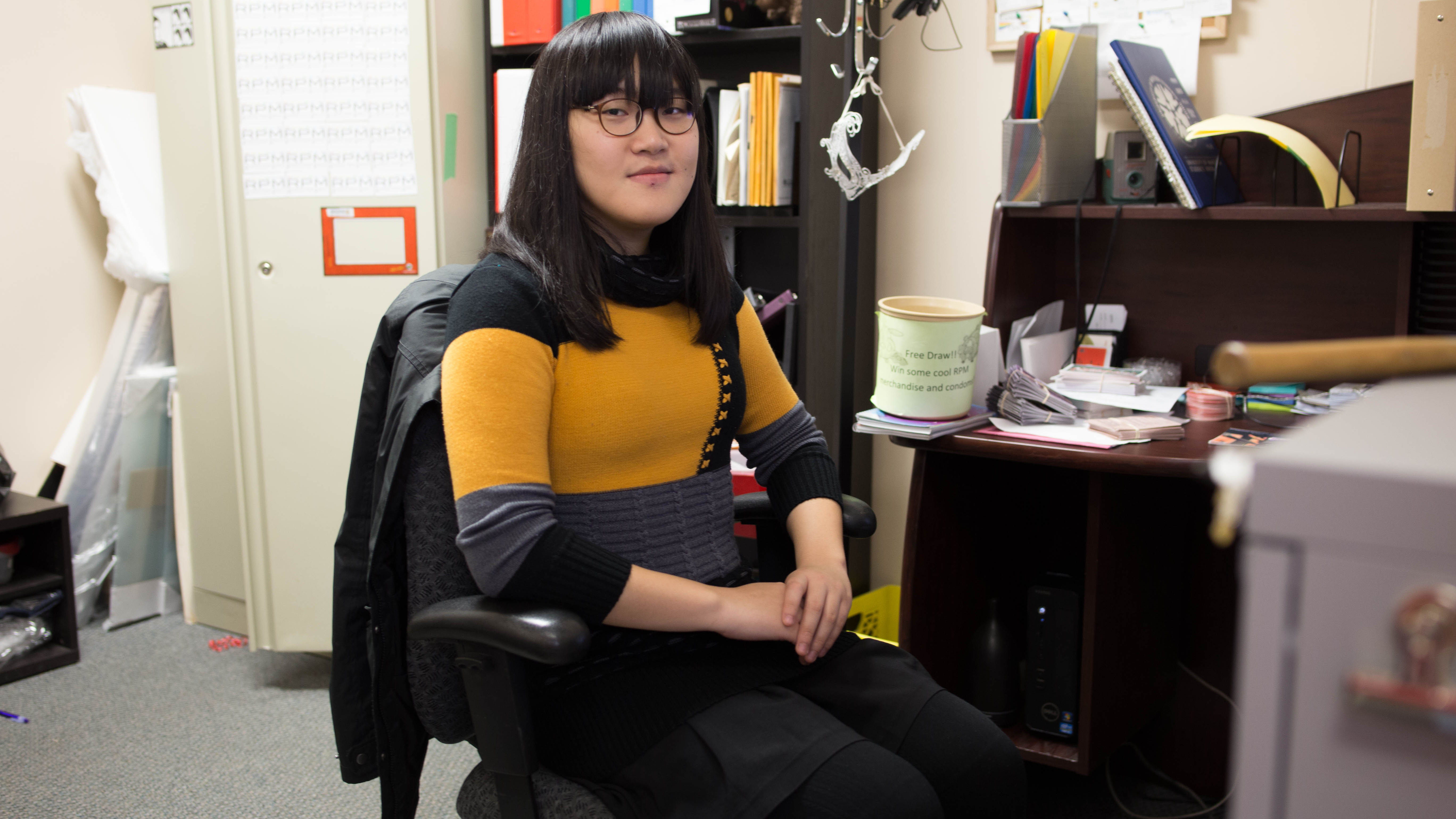The LGBTTQ* community and its allies look at the origins of stereotypes and the definition of pride while celebrating at the annual Pride Winnipeg Festival.
Pride Winnipeg’s goal is to create and host an annual festival that reflects its values, promotes equality and praises Winnipeg’s gender, sexual and relationship-diverse communities.
“Pride is about celebrating the history of the LGBTTQ* community and its achievements while acknowledging that we have so much more work to do globally and here at home,” Trevor Smith, a member of the LGBTTQ* community, said. “We must not lose sight of the fact that pride is, at its heart, a protest.”
Karan Saxena, the co-chair of the U of M’s UMQueer student group, said students were able to get more involved with the festival due to more advertising through media and word of mouth.
“I was able to see what Pride meant for different people and that was a really good perspective for me,” Saxena said. “It’s just this beautiful conglomeration of different people of the community and people are very willing to acknowledge their privileges to reach out to different community members and to listen to their struggles. It’s a great way for allies to come in and learn on how they can help people.”
Muhammad Ahsan, vice-president of community engagement for Pride Winnipeg, said the event is about inclusivity and partnership between allies.
“Personally, pride is the ability to be yourself regardless of whether you are LGBTTQ* or not,” he said.
“Just accepting yourself because those of us who come from countries where being LGBTTQ* is criminalized, there’s still underground pride events happening. That gives surety to other community members that there is someone who is able to see you, someone who’s able to recognize you and validate you.”
“It’s super important for human beings to know that there are people who are able to see them, not see through them […] If you’re forced to mask your identity, it can be very painful,” he said.
He added that everyone participating in pride should approach it in their own way. At the first Pride festival he attended he went in a mask to maintain his own level of privacy.
Stereotypes
Despite activism and increased visibility in popular media, stereotypes remain rampant in cinema.
In 2017, GLAAD, a non-governmental organization that monitors LGBTTQ* media representation, reported that “18.4 per cent of [Hollywood’s film] industry’s top 125 films included a LGBTTQ* character.” The report also highlighted how movies such as Zoolander 2set up these characters as punchlines.
“I attribute [stereotyping] to representation and media,” Saxena said.
“There’s nothing worse than hearing things like ‘Huh, all I wanted was a gay best friend.’ When you watch shows, representation matters so much because not until very recently will you see all people from the LGBTTQ* community, [as anything other than] embodiments of stereotypes and nothing else.”
Saxena said that allies and those unfamiliar with the LGBTTQ* community are not to blame for those assumptions, adding that “A big part of getting rid of these assumptions is to be patient and to educate others.”
“When you see something, you will relate that to your life, so if somebody acts stereotypically flamboyant, you would think that they are gay,” he said. “That’s what the media has taught you [and] that’s what people around you have taught you […] and a large part of eradicating that is through actual representation and not only in media but in different aspects of life.
“You can learn a lot from your co-worker who identifies as a member of the LGBTTQ* community and is not a stereotype in any form.”
Ahsan said it is important that LGBTTQ* characters are cast beyond the stereotypes.
“Of course, people need to stop casting [the flamboyant stereotype], but some of us are those stereotypes,” he said. “Some community members may be very flamboyant and very sassy and full of expressions, and full of light and energy. They need to be represented too, but only that kind of representation also leads to a stereotypical ideology right there, in that all the LGBTTQ* are like that.”
He continued on to say that the media is changing so LGBTTQ* characters are not stereotypically funny, flamboyant or promiscuous.
Changing times and resources to help LGBTTQ* people
Smith said that from his own experience, society is moving forward to accept LGBTTQ* people. To him, representation is helping to take the next steps forward.
“I gave a speech at Pride a few years back about relations between the community and our allies and the main thrust of my speech was ‘I would rather people ask ignorant questions than make ignorant assumptions,’” he said.
Saxena said he looks at time in relation to social change when examining the possibility of complete acceptance.
“I really don’t think that in the near future it’s going to be 10 times better because these things take a lot of time,” Saxon said. “Only until very recently we are getting rid of all the sexist policies that exist in the workplace and we are getting more towards consent culture, however, the media keeps representing rape culture, so it’s hard to be in society educating other people, whereas media is not ready to do that.
“If the media really is willing to change and we are able to see more representation, and meanwhile see more work alongside that representation, things will get better.”
More resources and information about the LGBTTQ* community, identity and belonging can be found at the websites for “Like That” at Sunshine House, Pride Winnipeg, Two-Spirited People of Manitoba Inc. and Rainbow Resource Centre.
